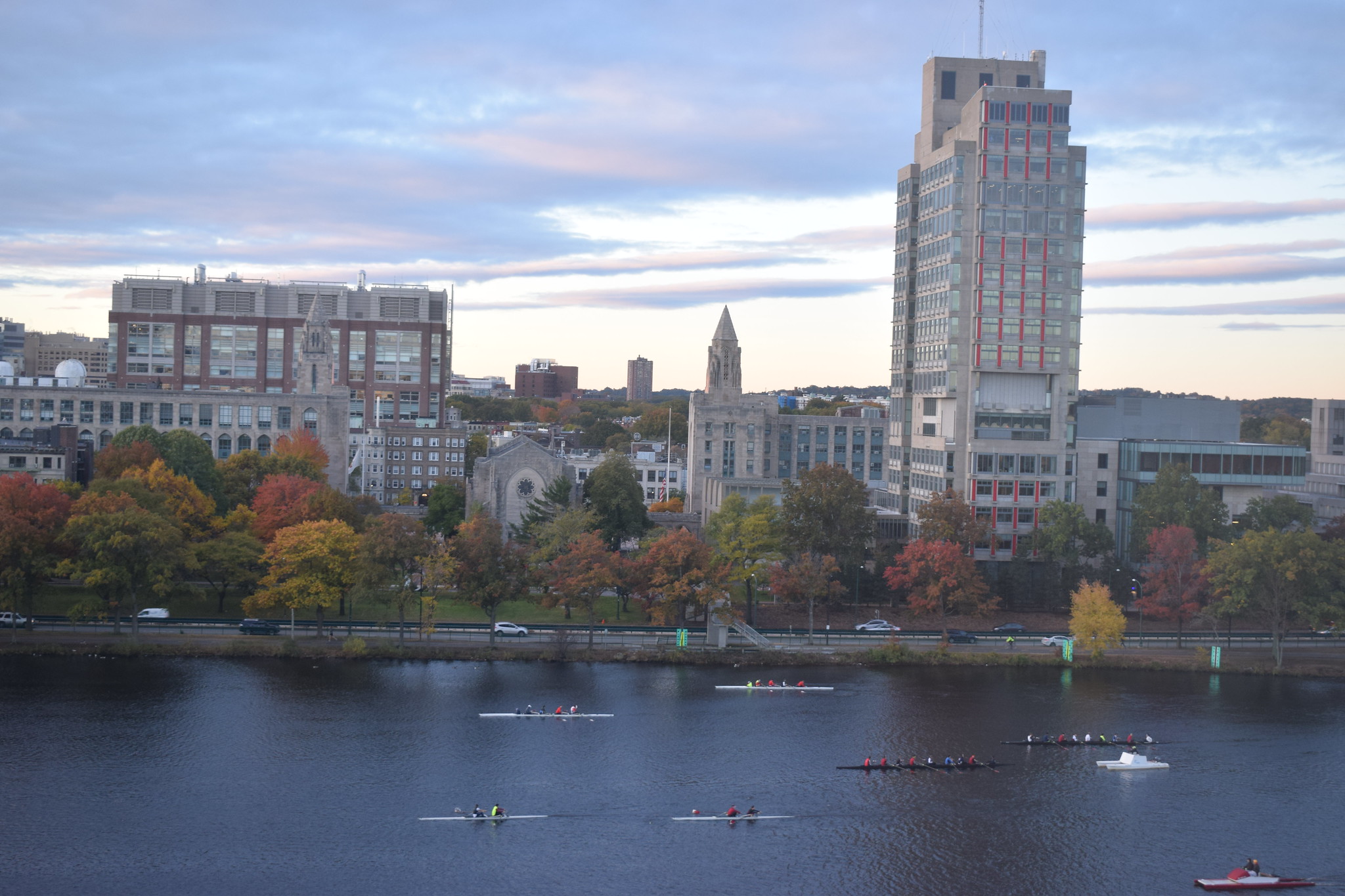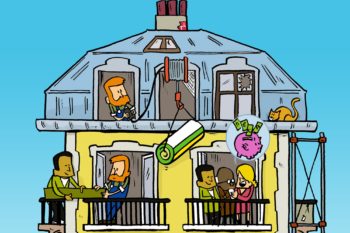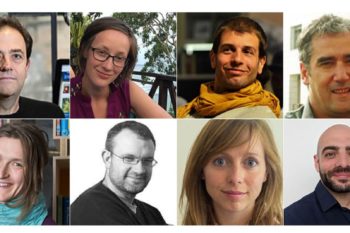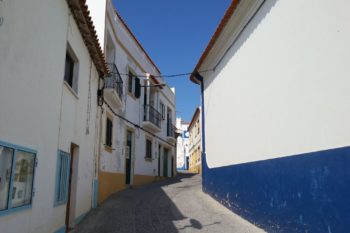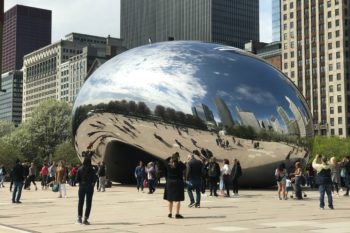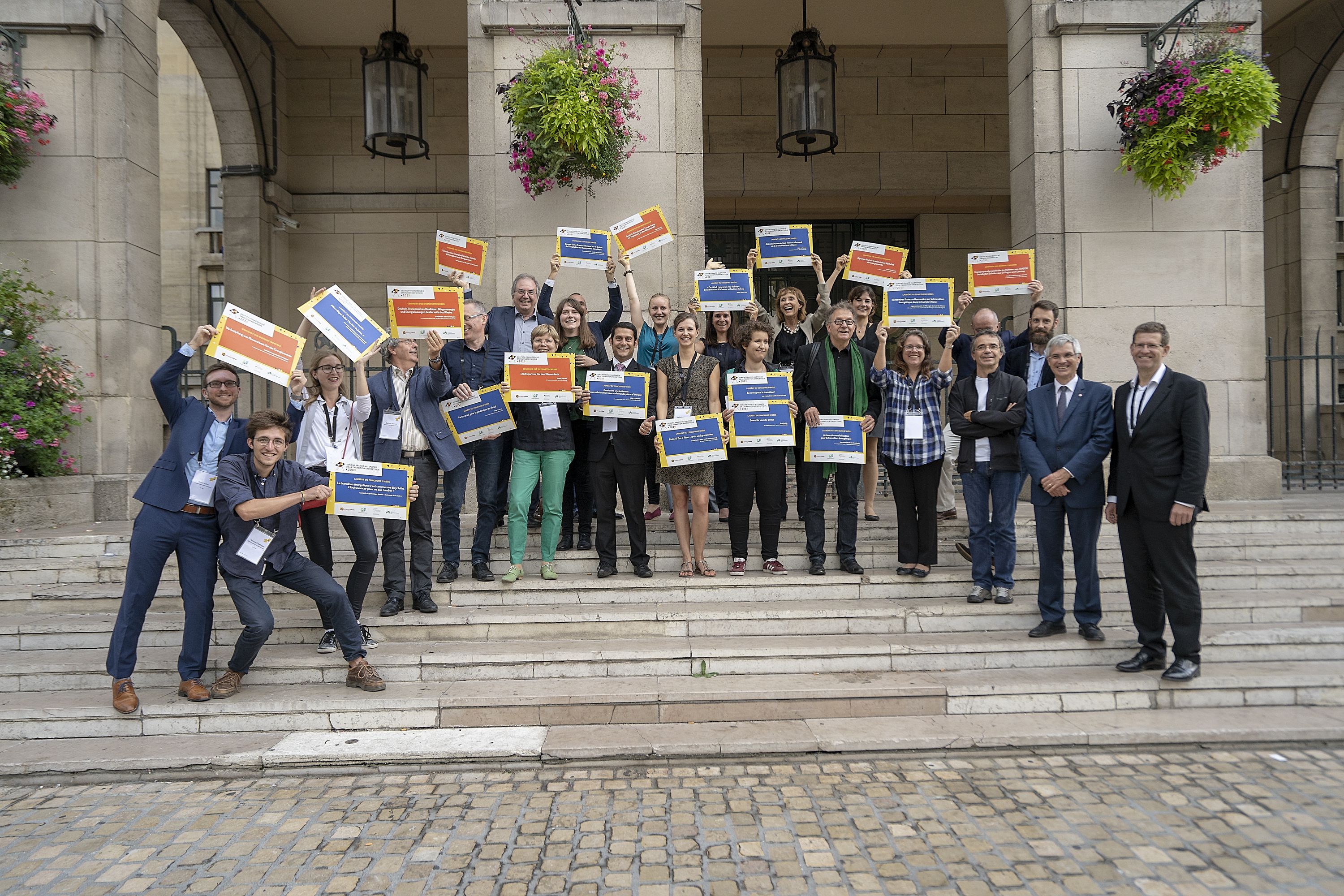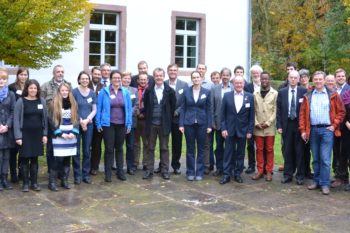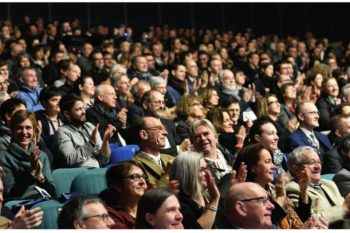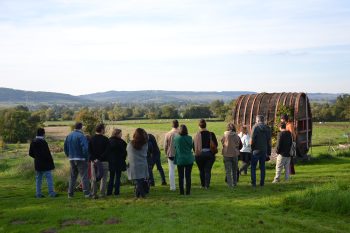Projects
A great opportunity to test unheard-of urban practices and to implement them with other cities and organisations.
Filter by
Energy Allies
Transatlantic Multi-stakeholder Dialogues for the Local Energy Transition

We are witnessing how local governments in the U.S. and Europe are rallying to respond to the climate challenge and are driving the transition to a sustainable low carbon future. Showing that citizen and business participation makes climate and energy policies more effective might inspire others to follow suit. That, in turn, could make it easier for national leaders to act more forcefully.
LIFE PlanUp
For strong and inclusive energy & climate plans

Engaging national, regional and local partners, the LIFE PlanUp project focuses on five EU Member States: Spain, Italy, Poland, Romania and Hungary. PlanUp closely tracks the […]
ACE-Retrofitting
Accelerating Condominium Energy Retrofitting
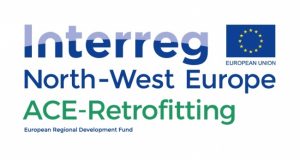
43% of the European population lives in condominiums/multi-occupancy apartment blocks, which are primarily of low energy performance. How can cities accelerate the energy retrofitting of these buildings?
mPOWER
Municipal action, public engagement: routes to local energy ownership

When it comes to managing the energy transition the need for municipally-owned energy has never been clearer. In recent years we have seen some successes of local energy ownership. However, the sharing of these experiences has been limited, and they have tended to remain local and specific.
MEDNICE Efficient Buildings Community
Bundling energy efficiency tools for the Mediterranean
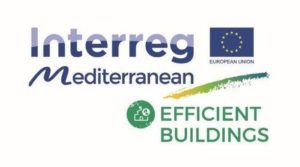
MEDNICE bundles the experience of 10 projects that were funded in the framework of the same Interreg Mediterranean programme. They all tackled the same challenge: In the Mediterranean area cooling (and heating) as well as low building standards induce high consumption and expenses. And this, even though a wealth of natural resources and a conducive climate do provide excellent conditions for greening residential and public buildings.
HeatNet NWE
The 4th generation district heating arrives in North West Europe

HeatNet NWE addresses the challenge of reducing CO2 emissions in North West Europe (NWE) by creating an integrated transnational NWE approach to the supply of […]
BEACON
Bridging European and Local Climate Action
The project Bridging European and Local Climate Action (BEACON) is a multi-level governance project promoting climate action and facilitating an exchange between national networks and governments as well as municipalities and schools in Europe. It is financed via the European Climate Initiative (EUKI) a support programme of the German Ministry for the Environment (BMU).
MOLOC – Low carbon urban morphology
Designing a new low-carbon urban model
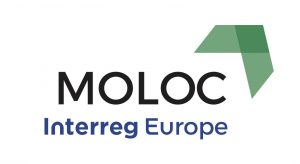
How can we better connect urban planning with energy and climate policies? As an INTERREG Europe project, MOLOC facilitates transnational exchanges around best local policy […]
Franco-German Energy Transition Week
Showcasing energy transition actions on both sided of the Rhine

The objective of this project is to strengthen the Franco-German collaboration on energy transition at local level and involve citizens in this process through a raising awareness campaign.
Tandem
French-German cooperation for local energy transition

TANDEM – French-German cooperation for local energy transition (Deutsch-Französische Klimapartnerschaften für die locale Energiewende) Background The simultaneous implementation of the “Transition énergétique” process in France and of the “Energiewende” process in Germany has resulted in the (…)
Congress “Assises européennes de la transition énergétique”
The largest convention for local energy transitioners in France
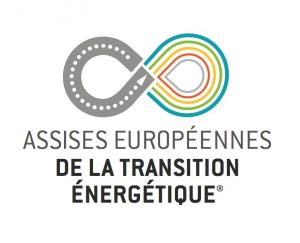
Welcome to the largest meeting of French local authorities in the energy field. Organised by the Urban Community of Dunkirk, Bordeaux Métropole and ADEME in 2016, this annual event gathers more than 2,000 people during 3 days.
POTEs – Ordinary Ecology Transition Pioneers
Gestion de transition
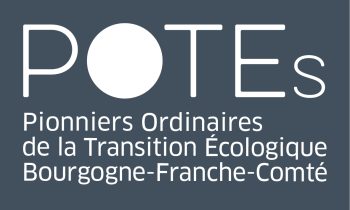
The POTEs concept emerged simultaneously in two French regions – Franche-Comté and Bourgogne – in 2013 during the national debate on the energy transition, following […]
